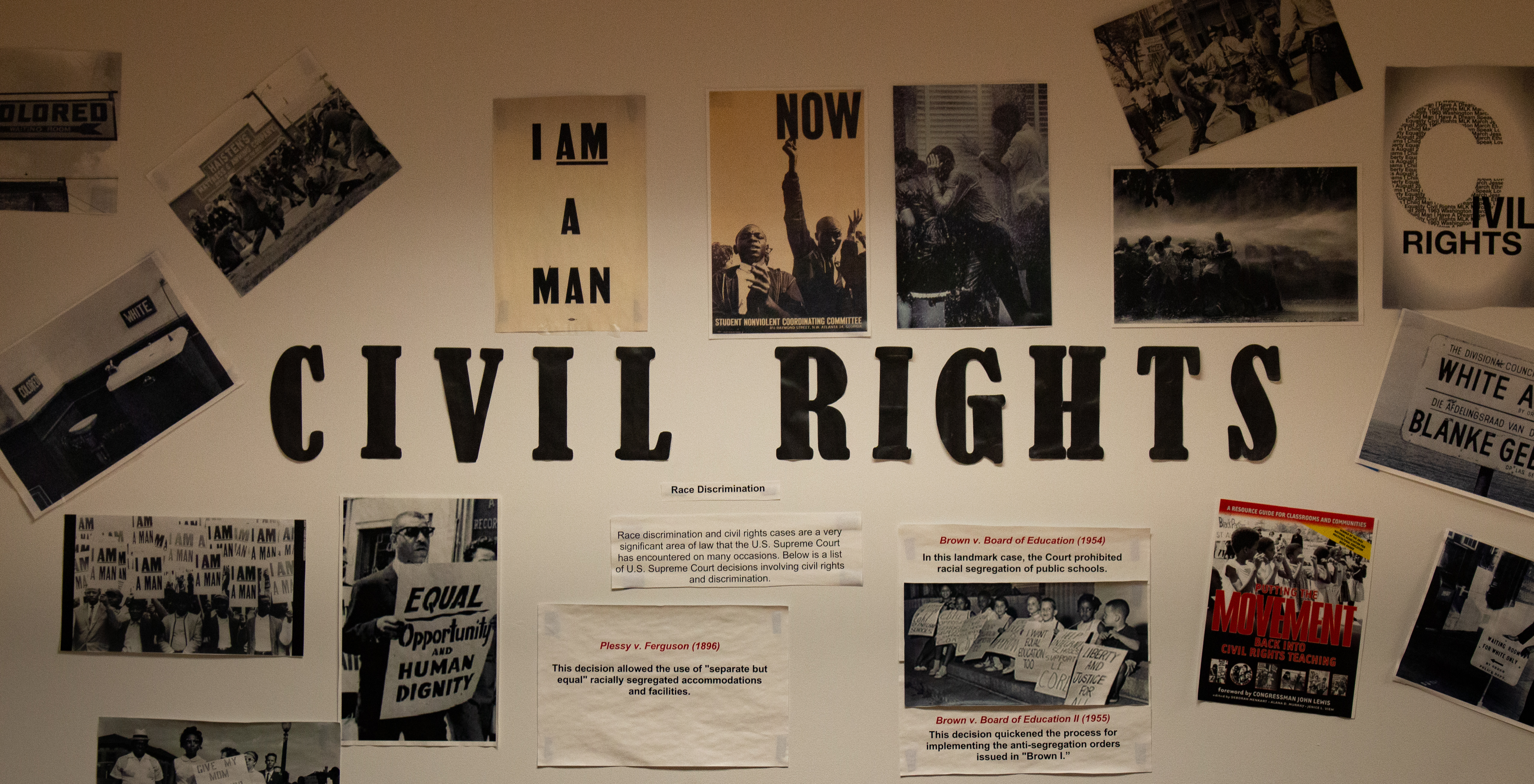BLOG
- Women Rising
- Women's Rising
- Supervised Release
- Digital Equity
- Recovery (the NEST)
- Care Management
- Housing
- Employment Services
- Education
- Family Services
- Alternatives to Incarceration
- Mental Health
- Substance Use
- Treatment Services
- Health Services
- Benefits Application Assistance
- Food and Nutrition
- Creative Arts
- Transitional Services
- DRCPP
- Events
- Participant Stories
- 2024
- AAPI
- advocacy
- affordable housing
- album release
- Annual Gala
- Anthony Rivera
- art
- Arts
- Arts Festival
- Asian American
- Behind Bars
- Behind the bird
- benefits access
- Better Living Center
- Beyond Release
- Black History Month
- BLC
- bronx
- C-CAP
- Career
- Career Readiness for Reentry
- CARES Act
- Castle
- Castle Gardens
- CEO
- chef troy
- Children
- Community
- counseling
- Creative Arts
- culinary arts
- David Rothenberg Center for Public Policy
- DEI
- Delacorte
- Digital
- Digital Divide
- digital equity
- Diversity Equity and Inclusion
- DRCPP
- Education
- employment
- event
- fair chance for housing
- fair housing
- family
- Father's Day
- food
- food and nutrition
- food insecurity
- food pantry
- food pantry bronx
- Fortune Faces
- Fortune Flyers
- Fortune News
- Fortune50
- fundraising
- Gala
- Gala2021
- gallery
- Grow with Google
- GWG
- healing
- health
- Heritage Month
- Hope and Justice
- housing
- HSE
- Joe's Pub
- Journey
- Labor Day
- leadership
- learning
- legislative priorities
- LGBT
- LGBTQ
- LGBTQIA+
- mandaela
- Marathon
- Martin Luther King Day
- mass incarceration
- Medicaid
- medical student
- Mental Health
- mentor
- musical
- NEST
- New York City
- Pacific Islander
- pantry
- parenting
- Participant Stories
- Path
- Performance
- policy
- Pride
- Pride Month
- public benefits
- public health
- Public Theater
- Public Works
- readiness
- Recovery
- reentry
- Runner
- service center
- Shakespeare in the Park
- Shelter
- sky garden
- SNAP
- Solitary Confinement
- staff
- Stanley Richards
- substance use
- Success
- support
- Tax
- Tech
- Tech Fair
- tempest
- Thanksgiving
- The NEST
- theatre
- trans women
- treatment
- visual art
- Volunteer
- women
- Women rising
- YEC

Black History Month 2020: Advocating for voting rights after justice involvement
With February marking the 150th anniversary of the 15th amendment and the 55th anniversary of the Voting Rights Act, this Black History Month is a time of reflection on both progress that’s been made and work that remains in dismantling barriers to Black and African American individuals exercising their right to vote. At The Fortune Society, it’s especially a time to reflect and act on the many ways criminal justice reform is a voting rights issue. In 2020, the justice system continues to disenfranchise many currently or formerly incarcerated people across the country who are disproportionately Black or African American. We must work towards reforming disenfranchisement laws and building a fairer and more humane criminal justice system, this February and beyond.
The 15th amendment, ratified in 1870, gave African American men the right to vote. During the ensuing decades, states resisted the amendment, enacting discriminatory policies that prevented African Americans from voting through poll taxes, literacy tests, and more. Although the Voting Rights Act of 1965 outlawed these practices, discrimination in voting continued in less obvious ways, including through the criminal justice system.
Today, millions of Americans are disenfranchised by the criminal justice system.
Only in two states do people with justice involvement never lose their right to vote, both while incarcerated and upon release. The remainder of the states disenfranchise people based on the crime committed and level of justice involvement—while incarcerated, on parole or probation, or indefinitely for some crimes.
The impact of these laws on Black and African American people, who are more likely to be impacted by the justice system and thus more likely to be disenfranchised, are striking. As of 2016, one in 13 African Americans couldn’t vote because of a felony conviction—a rate four times higher than that of non-African Americans. According to the Vera Institute, Black people comprise 38 percent of all Americans who have lost their voting rights due to their criminal record, despite the fact that they are only 13 percent of the nation’s population.
At The Fortune Society, we believe that all individuals, regardless of justice involvement, deserve the right to vote. We’re currently supporting Exodus Transition Services on voter enfranchisement initiatives, and will be educating clients about the importance of voting in upcoming elections. After the passage of Governor Cuomo’s Executive Order 181 in 2018, which allowed about 35,000 New Yorkers on parole for felony convictions to register to vote, we registered about 400 people to vote.
In addition to reforming laws, we must also devote efforts towards helping many people with justice involvement overcome distrust towards government. Due to the trauma of incarceration and the discrimination, it’s natural that they are reluctant to vote even when allowed to.
Addressing distrust requires creating a fairer and more humane criminal justice system—one that rehabilitates rather than excludes, gives second chances, and treats people with the full dignity and respect that all citizens deserve.




